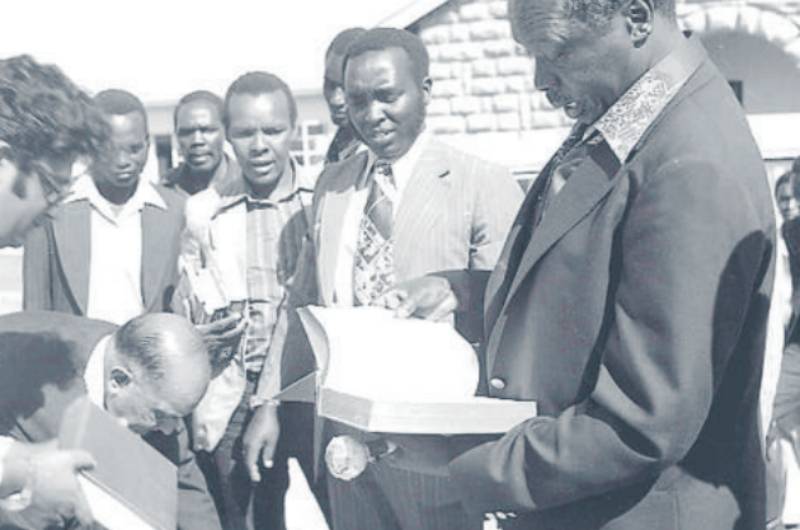
What would you do if you had 5,000 acres of good, arable land in the heart of Rift Valley with adequate rain and sunshine? I wouldn’t think twice. I would engage in large-scale farming. I would invest to ensure that I get value for my money almost immediately. However, former President Daniel arap Moi chose a longer-term investment.
He chose to invest in the future of young Kenyans. He chose to invest in a top-notch school, whose graduates would become men and women of substance in society. I was one such lucky Kenyan youth.